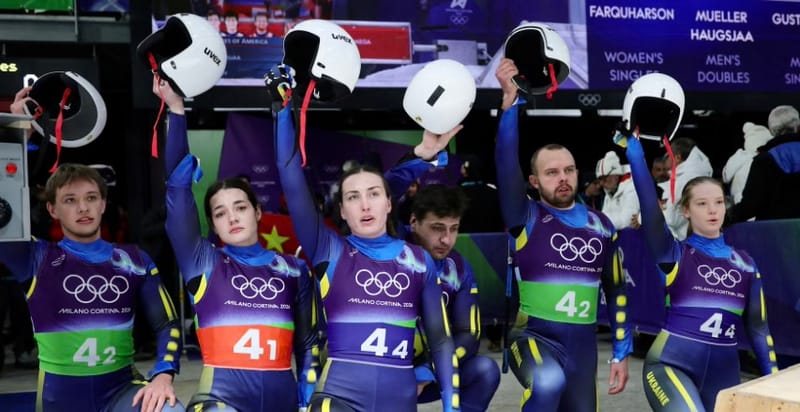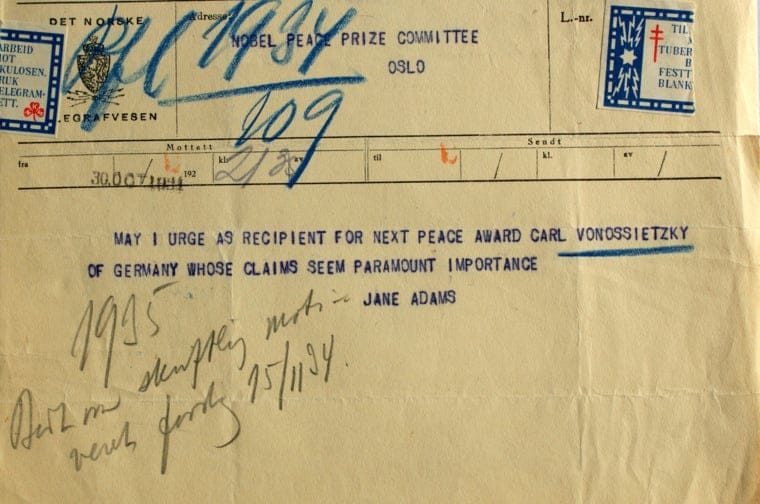Swimming Should Flex Its Muscles In Scrap With Doping-Friendly Foe
Commentary by Jacob Lea: time to embrace the argument we need to have with the Enhanced Games to build a united front against a uniquely incompatible opponent

It appears the Enhanced Games (EG)— the first sporting competition that will permit, and actively encourage, the use of performance enhancing drugs — and the money put aside to bankroll this project, are, at least for the time being, here to stay.
In September, it was revealed in the Sydney Morning Herald by the journalist Tom Decent that the Australian sprint-swimmer Kyle Chalmers had rejected a three-year offer of US$1.08 million (with bonuses, rising to 2.54 million) to join others in defecting to the EG.
So far, Ben Proud, Megan Romano, Kristian Gkolomeev, Andriy Govorov, James Magnussen, Marius Kusch and Shane Ryan have defected; their retirements from competitive swimming also removed them from the obligation to file their whereabouts and be available for unannounced out-of-competition testing.
Last week, in an interview with 10 Sport, Kyle Chalmers explained this decision — the “hardest” of his career. This interview was not Kyle crusading his moral purity; it was instead a candid and relatable account of someone enticed by vast, otherwise unattainable wealth. In the end, Kyle concluded that he’d worked too hard, and that his legacy was too important to throw away.
In June, World Aquatics announced that they would give a lifetime ban to anyone who participated in the EG. At the end of August, lawyers for the enhanced project filed an US$800 million anti-trust lawsuit against World Aquatics, the World Anti-Doping Agency, and USA Swimming Inc. Their accusation is of conspiring to monopolise elite aquatic sports, and unlawfully blocking the Enhances Games’ entry into the market. In the face of this, and a roster of defecting athletes (that is only growing), can this hard line from World Aquatics hold?
Related:

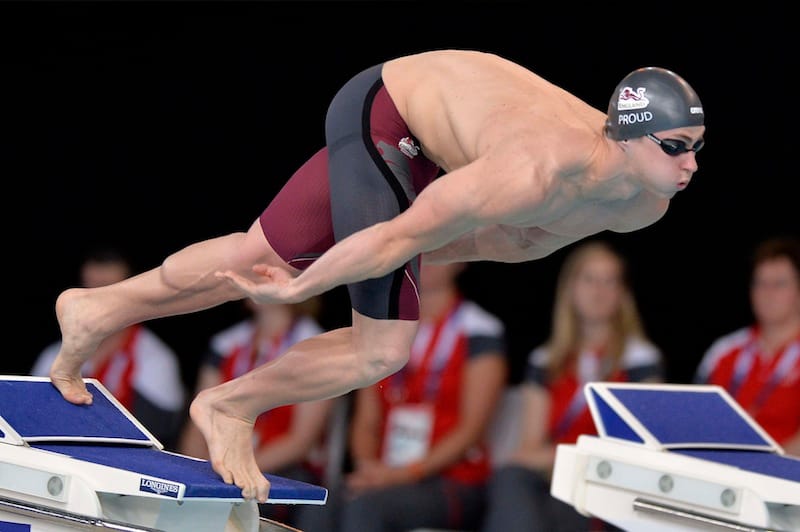
We live in an era of disruption in sports. In 2021, LIV golf was founded in order to rival golf’s conventional tournament the PGA tour. The pull for this new competition was its backer, a behemoth of finance known as The Public Investment Fund - the sovereign wealth fund of Saudi Arabia. LIV golf has been described as a “sport-washing” project, intended to improve the image of the Saudi monarchy, who have been criticised for corruption and human rights abuses.
Despite the controversy (which, at times, has been extremely vitriolic) — LIV golf pays significantly more, and 54 players have so far switched their allegiance. However, despite the number of players, and despite LIV golf's backer, they have struggled to gain a foothold with viewing audiences. Then, in the summer of 2023, it was announced that LIV golf had agreed to a shock merger with the PGA tour. In the public, and in private, there appears to be lots of bad blood; discussions have since stalled, with progress on the merger seeming to have reached a stalemate.
Also in 2021, twelve football clubs shocked the world with a coordinated press release announcing plans to join a separate league format, called the “European Super League”, or ESL. The ESL was to be semi-exclusive, containing permanent members who could not be relegated; the format offered a more predictable, and hence sustainable, financial model for the clubs involved.
The footballing community, however, saw this for what it really was: a nepotic power-grab to undermine the meritocratic principles that underpin fair sport (and by extension, entertaining sport — something that the organisers did not seem to take into account).
The backlash was monumental, with universal condemnation from fans, players, commentators, UEFA, FIFA, and even some governments across Europe.
Under this pressure, nine clubs, including all six English clubs, announced their intention to withdraw from the league; eight clubs remain stakeholders in the idea. In July 2024, King Charles III announced in his speech to the UK parliament that a “football governance bill” would prevent English and Welsh clubs from joining any breakaway, closed-shop leagues such as the ESL.
Now swimming is faced with its own breakaway entity. One that, like LIV golf, will pay better, and like the ESL, is the antithesis of principles held within the mainstream of our sport. This is a doubly difficult position to start from, and it is compounded by swimming’s model - and level - of compensating swimmers, through grants, subsidies, endorsements and prize money, not wages.
Unlike LIV golf, where the offer is more money, a swimmer opting into the EG - if they win a race, AND if they swim faster in a given event than the World Aquatics approved world record the EG swimmers are not eligible to break — is given an otherwise rare chance of becoming a millionaire.
That level of financial reward after a target time (it cannot be a record unless the EG creates its own standards) ‘bonus’ in one sprint event in doping-controlled sport might be unheard of. However, swimmers who have had to submit to doping controls have, in fact, still become millionaires as a result of their achievements. American Michael Phelps is a prime example, through endorsements linked to his record-breaking, other-worldly success in Olympic waters; Hungarian Katinka Hosszu earned more than a million dollars in prize money in one World Cup season alone.
Pending a decision from the lawsuit — to hold a line from swimming’s current position might seem difficult, but if the ethical framework surrounding PEDs is to sustain its credibility, the line must be held. In this blog, I set out some of the key reasons why I believe that's the case:
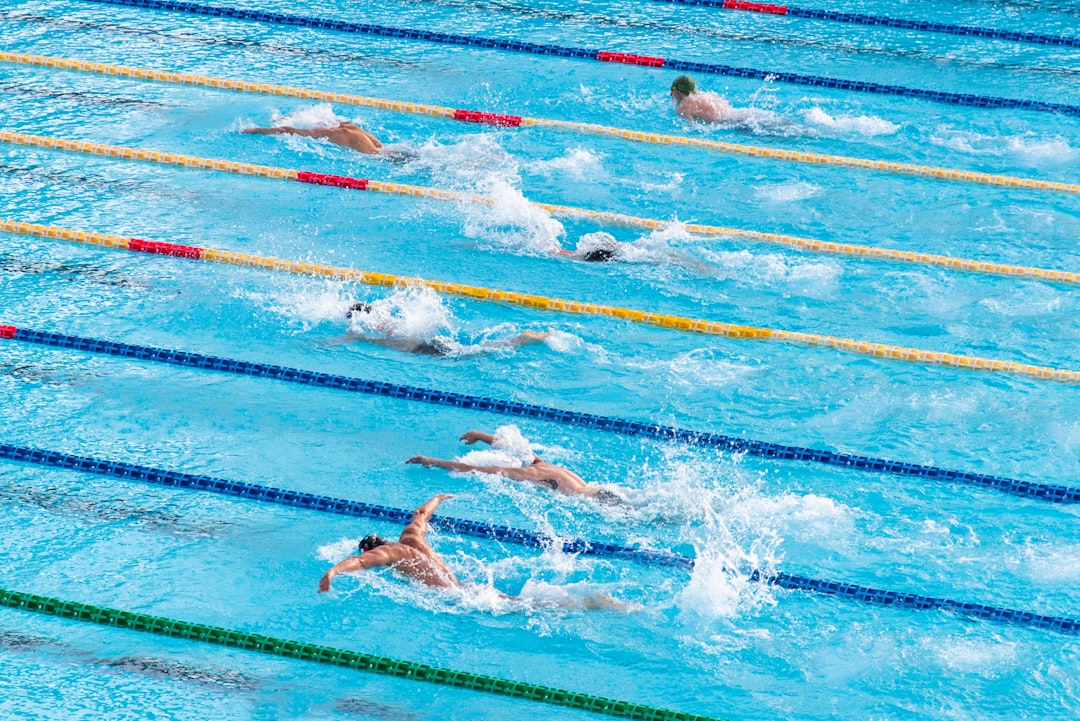
Two Tribes - And Never The Twain Should Meet
The Enhanced Games is uniquely incompatible with World-Aquatics regulated swimming. It cannot, therefore, be merged with anti-doping sport, nor is there any scope for compromise. If there is anything the LIV golf example can teach us, it is that a sport can sustain a haemorrhage of athletes without capitulation, and without losing the loyalty of its fans.
This brings us to the ESL, and the proven importance of popular opinion. Unlike the ESL, the Enhanced Games has not been met with the same level of unanimous condemnation; its founders — backed by extremely wealthy investors with family and political links to the current U.S. White House — have appeared on mainstream podcasts such as Joe Rogan. Alongside that, there exists an ambivalent curiosity toward the enhanced project among the public, particularly in the United States.
In the same way that using mechanical aids for performance - like motorised bikes, or using fins - is not as impressive or entertaining, neither should a performance that is abetted by an ergogenic aid. Furthermore, whereas WADA have penalised the existence of PEDs, the EG say their metric is athlete health. There is little evidence as to what this could mean, however, and the money offered means cheating the system is incentivised anyway (so “doping” will not actually go away).
Related:
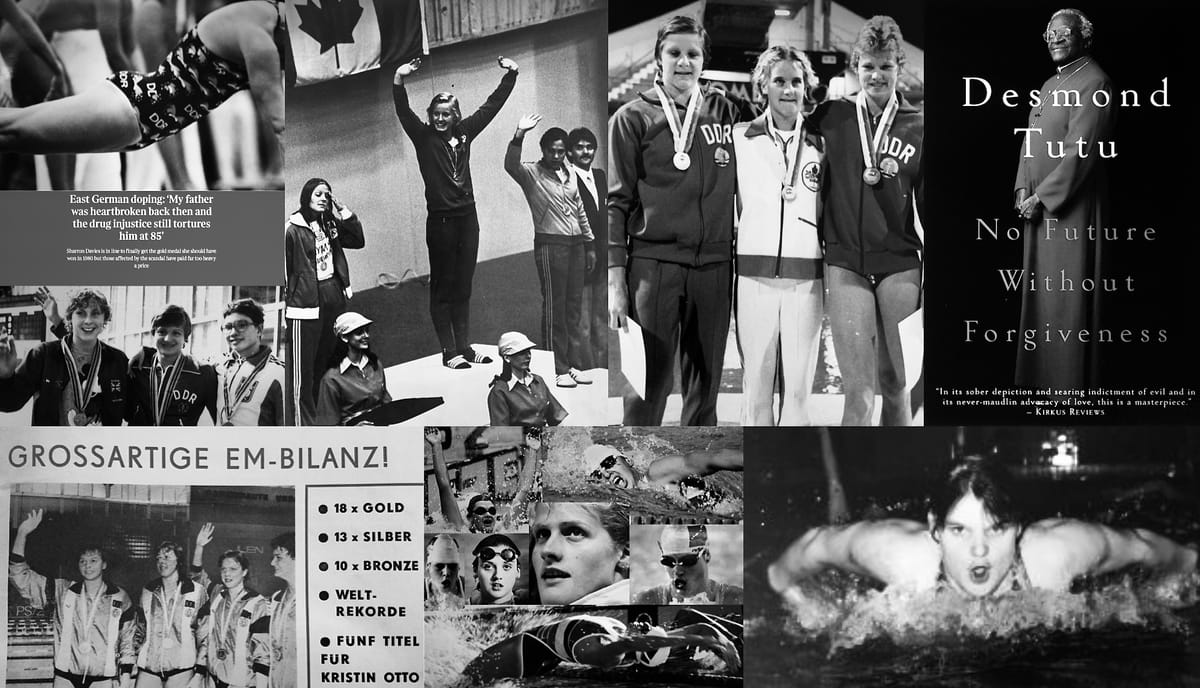
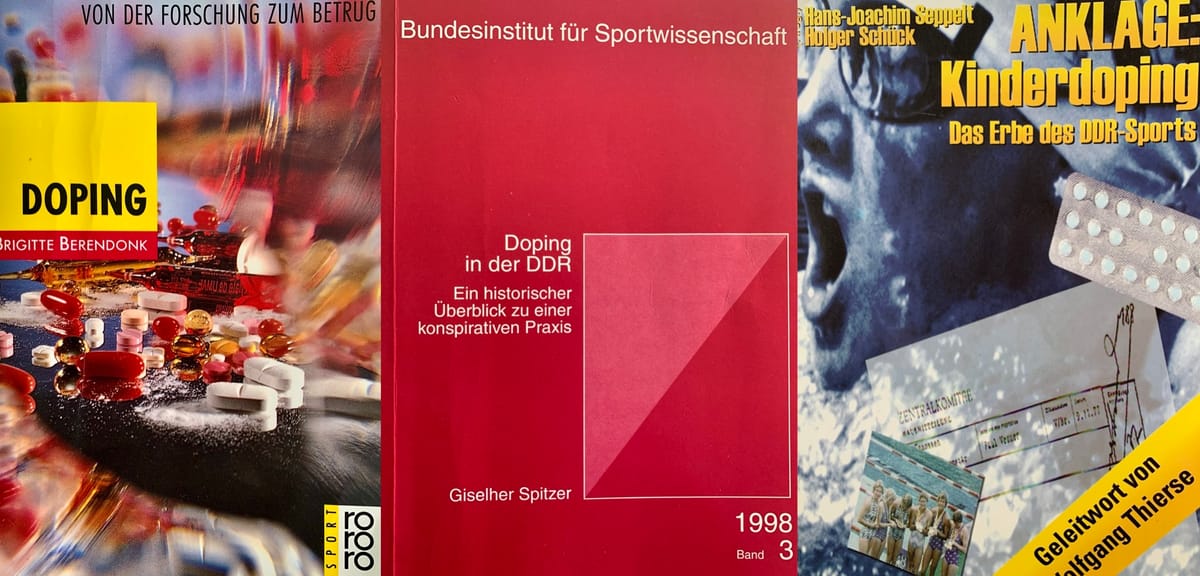
Conventional sport is, nonetheless, in more of a fight to win an argument against the EG than (I think) some realise. Each time we lose more swimmers - and we will lose more swimmers - to the Enhanced Games, the message will hit home harder.
By directly engaging with the case the enhanced project is making, we can embrace the argument we need to have, and have it publicly, in order to create, and then maintain, a united front.





